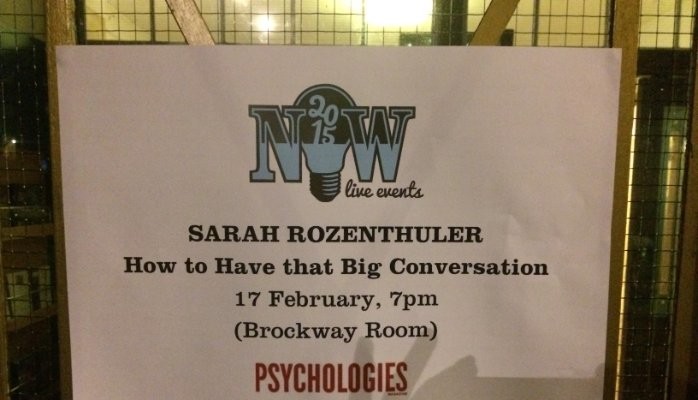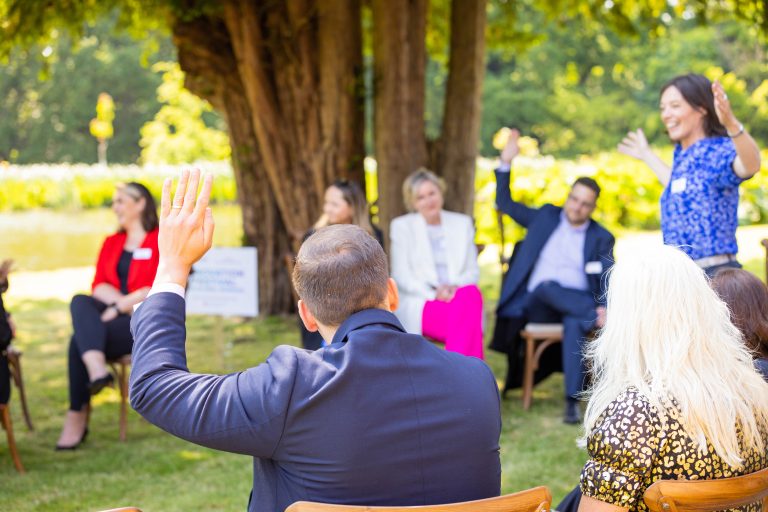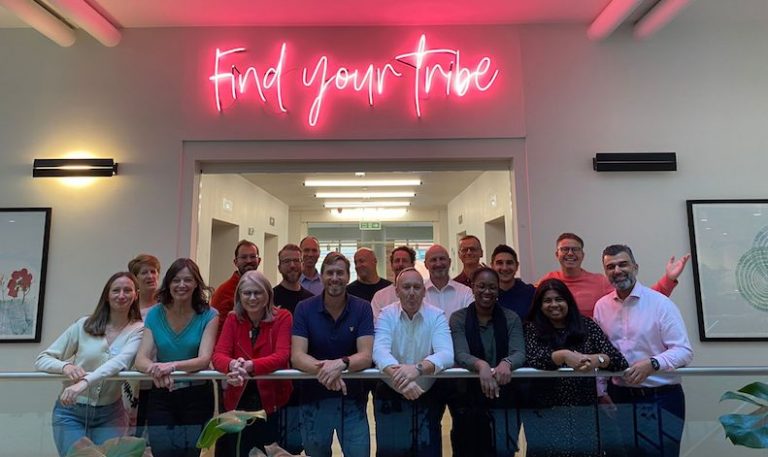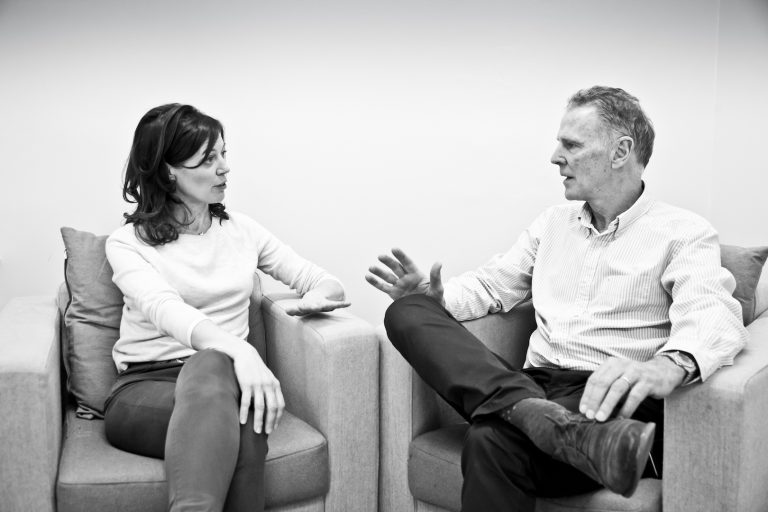
This post explores how to lean into having an important conversation. It outlines three key strategies to help you to prepare.
While there is never any guarantee how a conversation will go (it’s a co-creation after all!), you can maximise the likelihood that you’ll achieve a positive outcome.
On Tuesday evening we had a sell-out event for Psychologies Magazine called “How to Have That Big Conversation.” I was delighted to lead this talk on a hot topic that applies in many areas of our lives – at work, at home and at play. Here I’d like to share with you some of what I covered at Conway Hall in London on how to talk without rupturing a relationship.
Life-Changing Conversations
I wrote my book Life-Changing Conversations: Seven Strategies for Talking About What Matters Most to help people to navigate critical choice points in their lives. Many of us struggle to communicate, particularly when the stakes are high.
We don’t want to hurt others’ feelings or to damage a relationship we have. And we need to be true to ourselves otherwise we’re not at peace inside and our lives aren’t aligned. I wanted to equip people to have conversations that will enrich their lives – conversations that they have might, like me, have waited not weeks or months but years to have!
A life-changing conversation opens a new door in your life. It’s like an aperture through which life unfolds. You bring something new into the world through having a life-changing conversation.
Because we are all inter-connected, and increasingly so in our digital 24/7 world, a “Big Conversation” affects not only your life but the lives of people around you. For example, if you ask for a promotion at work and get it, this might affect the whole of your family. If you decide to tell someone that you love them, or that you no longer love them, this could change a relationship right at its core. If you find a way to talk to a family member and clear some unfinished business, you may heal a relationship that was broken.
A conversation is not just an exchange of words. Talking together does something. It is an action. It carries power. It affects material reality. The more intentional we are in how we communicate, the more likely our co-creations are to delight us rather than disappoint us.
As Juanita Brown, the creator of the World Café, says, “Just as fish don’t see the water in which they swim, we rarely notice the larger systemic influence of the webs of conversation in which we participate.” When we pay more attention to the “water” of conversation we swim in, great things can happen!
Big Conversations at work
In the workplace, good communication is critical. It’s vital in family life too, but in the workplace we are charged with creating something together. Without good communication, the whole enterprise suffers. Work gets duplicated, mistakes fall through the cracks, conflicts arise and fester.
Learning how to have better dialogue builds more robust relationships. To produce quality goods and services, we need the creative tension of different points of view. The art is to find a way to mine the creativity without triggering reactivity. Each one of us is unique. We all hold a piece of the puzzle. The only way the jigsaw will come together is if we find a way to talk and think together.
The other complexity of work life is that there are usually power differentials at play. “Speaking truth to power” – such as giving your boss some feedback or speaking out to more senior colleagues – is a challenge that many of us find difficult. There is, therefore, a great need to find ways to talk that are productive. When even one of us expands our capacity to be both courageous and receptive, the greater whole benefits too.
Preparation is crucial
As the old saying goes, “To fail to prepare is to prepare to fail.” To have a life-changing conversation, three things in particular can help:
- Pick your moment. Decide when is a good time to talk. When will the other person be most receptive to what you have to say? Sometimes it might be wise to send an email in advance to say that you want to discuss something. This gives the other person time to gather their thoughts and lowers the risk of them being reactive. Think through situations to avoid, such as having a potentially difficult conversation in an open plan office or first thing on a Monday morning. Select a time and a place when you and the other person will give each other your fullest attention.
- Find your opening. Think through the very first thing you’ll say. It could be something as simple as: “I’d really like to talk with you about something that matters to me. Is now a good time?” Be careful not to do too much “easing in” as this will make the other person nervous. Be as direct as you can while being sensitive to the other person. Practise saying the words out loud so you feel as comfortable as you can before you say them for real.
- Have a “drop line”. When I was a street circus performer, it was important to know what to say if I dropped a juggling ball. Having a “drop line” worked out in advance, helps to reduce anxiety about what would happen if everything starts to go wrong. In a “Big Conversation”, think through the worst case scenario – you burst into tears, the other person starts shouting at you – and decide how to handle this. You could say, for example, “I suggest we take a pause. Let’s resume the conversation once we’ve had time to catch our breath.” It’s better to take time out than have an important conversation derail.
While there are no guarantees a conversation will proceed along the lines you’ve prepared, you maximize the likelihood of a positive outcome by thinking through what you will say – and how you will say it.
I’ve worked with hundreds of people over the last 12 years to help them to have better conversations. I’ve seen time and time again how some simple preparation leads to a profound impact on people’s careers, relationships as well as on their personal lives. Having a Big Conversation is not only about talking together, it’s about crossing the threshold into a whole new life chapter.






